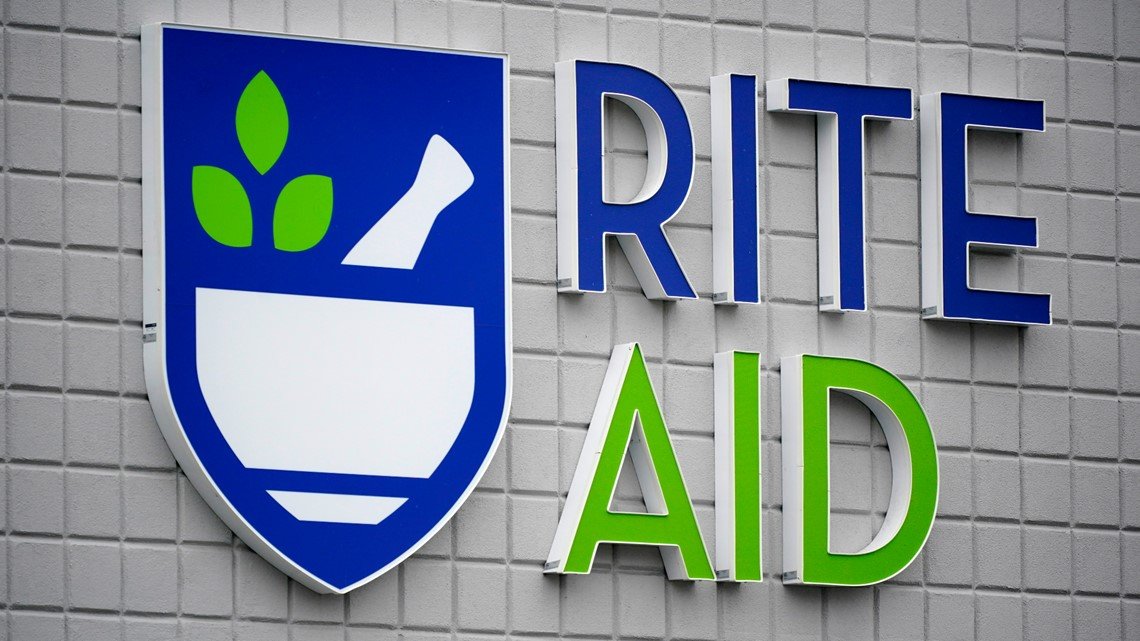Business
Rite Aid’s Bankruptcy Filing: What It Means for Stores and Shoppers

Rite Aid, the pharmacy chain, filed for Chapter 11 bankruptcy protection for the second time in recent years on Monday. The decision, made in the U.S. Bankruptcy Court for the District of New Jersey, stems from persistent financial difficulties and the rapidly changing retail and healthcare environments.
This bankruptcy follows an earlier filing in October 2023, when Rite Aid attempted to restructure and sell off parts of its business. During that process, it significantly reduced its store count from over 2,300 to around 1,200 locations.
As part of its ongoing operations, Rite Aid intends to keep its stores functioning for several months while exploring the sale of most of its assets. However, all locations are expected to either close or be sold to new owners eventually. Retail analyst Neil Saunders predicted that store conditions would deteriorate, with shelves becoming increasingly bare owing to a halt on new inventory.
Despite these challenges, Rite Aid reassured customers about the continued availability of pharmacy services, including prescriptions and immunizations. CEO Matt Schroeder emphasized the company’s priorities, which include maintaining uninterrupted pharmacy services and maximizing job preservation for employees during this tumultuous period.
In a bid to sustain operations through bankruptcy proceedings, Rite Aid secured $1.94 billion in new financing. Employees will continue to receive pay and benefits as the company navigates this process.
The company currently operates 1,245 stores across 15 states, with significant concentrations in New York, Pennsylvania, and California, the latter housing 347 locations alone.
In light of the bankruptcy announcement, Rite Aid will cease issuing Rewards points for qualifying purchases starting May 6. Existing points and BonusCash will expire as per the established terms, and beginning June 5, 2025, the company will no longer accept its gift cards or approve returns and exchanges.
Amidst a challenging landscape for the pharmacy sector, many major and independent drugstores are closing locations. This wave of bankruptcies and closures has been attributed to multiple factors, including theft, legal issues related to opioid prescriptions, and declining consumer demand. Recently, Walgreens announced plans to be acquired by private equity firm Sycamore Partners, highlighting the ongoing struggles within the industry.


![Maricopa Water & Ice co-owner Emilee Thompson holds a scoop of Thrifty ice cream in her store on May 30, 2025. [Monica D. Spencer]](https://arizonanews.org/wp-content/uploads/2025/05/Bankruptcy-Looms-for-Beloved-Ice-Cream-Brand-as-Maricopa-Store-400x240.jpg)
![Maricopa Water & Ice co-owner Emilee Thompson holds a scoop of Thrifty ice cream in her store on May 30, 2025. [Monica D. Spencer]](https://arizonanews.org/wp-content/uploads/2025/05/Bankruptcy-Looms-for-Beloved-Ice-Cream-Brand-as-Maricopa-Store-80x80.jpg)














